The School provides quality education to students at the Junior High School level and are prepared for the Basic Education Certificate Examination (BECE) conducted by the Ghana Education Service (GES) Subjects Offered at the Junior High School

Language and Literacy curriculum (in both Ghanaian Language and English language) in basic schools is to promote high standards of language and literacy by equipping pupils with a good command of the spoken and written word to enable them to
acquire the basic skills that will help them decode any text; Read age-level texts easily, fluently and with comprehension; Cultivate the habit of reading widely for pleasure and information; Acquire a wide stock of vocabulary and understanding grammatical structures as well as linguistic conventions for easy reading, good writing and speaking; Write clearly, accurately and coherently, adapting their first language style in a range of contexts for varied purposes and audience;
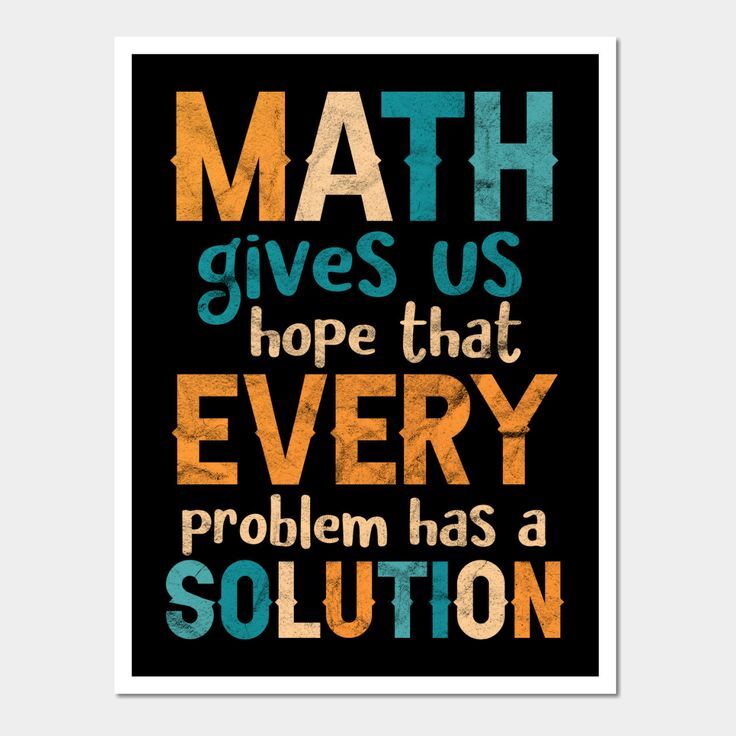
The curriculum is aimed at developing individuals to become mathematically literate, good problem solvers, have the ability to think creatively and have both the confidence and competence to participate fully in Ghanaian society as responsible local and global citizens.
The mathematics curriculum is designed to help learners to
Recognize that mathematics permeates the world around us. Appreciate the usefulness, power and beauty of mathematics
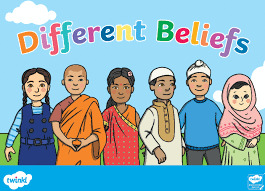
Religious and Moral Education is through practical activities like demonstrations, role plays, recitals, games, group work and visiting important religious and historic sites. There should be more demonstrations throughout the lessons. Children can get a clearer picture of lessons and store the facts in memory and practice when they are encouraged to take active part in the lessons that involve demonstrations and other practicalactivities.
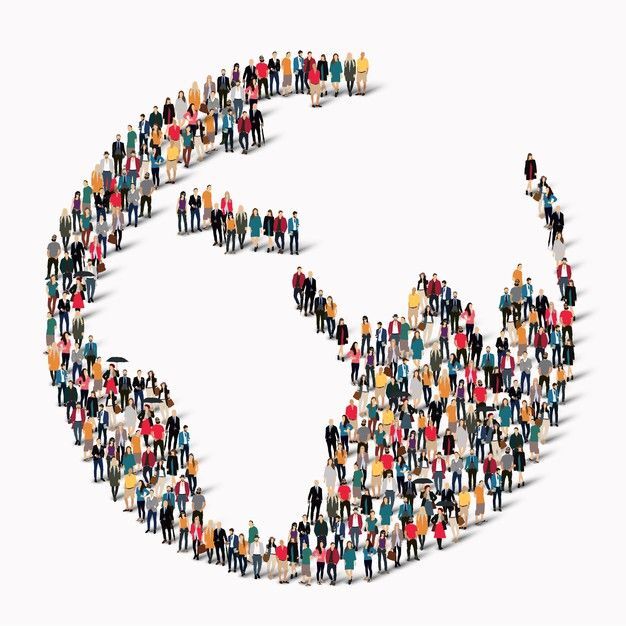
Social Studies aims at producing reflective, concerned and competent citizens, who will make informed decisions for individual and public good. The subject seeks to produce morally upright Ghanaians, who are responsible and capable of maintaining healthy lifestyles and preserving their environment for sustainability.
Explore and protect the environment Exhibit sense of belonging to the family and community Appreciate themselves as unique individuals Demonstrate responsible citizenship

ICT has been integrated into this curriculum as a teaching and learning tool to enhance deep and independent learning. Some of the expected outcomes that this curriculum aims to achieve through ICT use for teaching and learning are
• Improved teaching and learning processes. Improved consistency and quality of teaching and learning. Increased opportunities for more learner-centred pedagogical approaches. Improved inclusive education practices by addressing inequalities in gender, language, ability.

The curriculum of the common core science programme at B7 to B10 is designed for learners to achieve the following aims: Develop the spirit of curiosity, creativity, innovation and critical thinking for investigating and understanding their environment. Develop skills, habits of mind and attitudes necessary for scientific inquiry.
Develop humane and responsible attitude towards the use of all resources of Ghana and elsewhere. Show concern and understanding of the interdependence of all living things and the Earth on which they live. Design activities for exploring and applying scientific ideas and concepts.
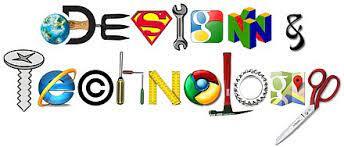
The curriculum is aimed at developing individuals who are literate, good problem solvers, have the ability to think creatively and have both the confidence and competence to participate fully in Ghanaian society as responsible local and global citizens.
Educates the learner in Art and through Arts (head, heart and hands or 3-H Therapy). Develops the learners’ thinking capacity, reasoning power and an understanding of the world and its cultures. Provides learners with the opportunity to respond and act creatively according to intuition. Instils in the learner a lifelong critical mind: analytical and problem solving skills, creative and innovative skills.
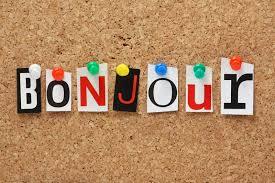
The general aim of teaching and learning French at the Key Phase 2 level (B4 – B6) is to enable pupils to communicate in basic French in day- to-day life situations. Therefore, the aims consist of:
Understanding and responding to basic spoken and written French, Reading and writing simple messages and texts in French, Attaining the basic linguistic skills for further learning of French in subsequent phases of their education.





